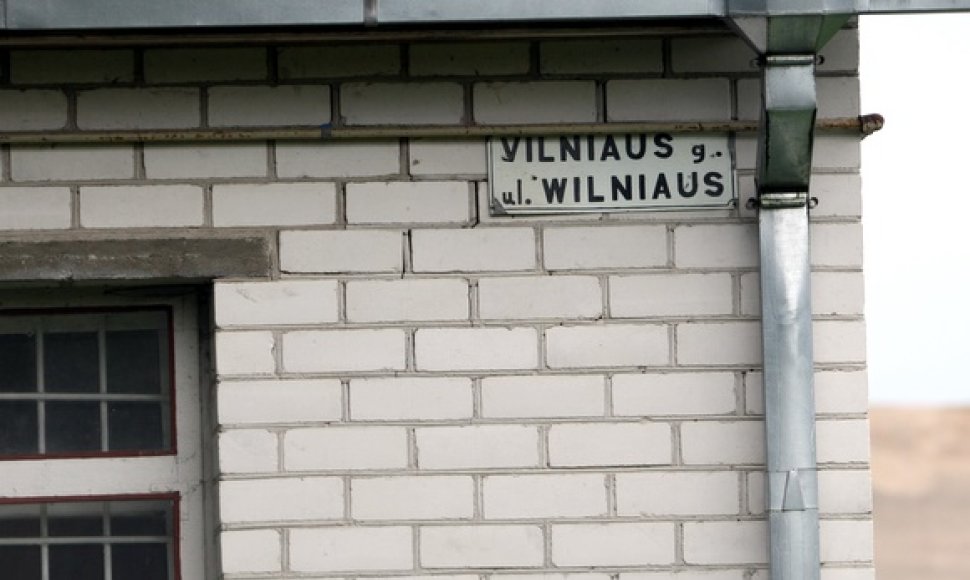According to the conclusions received by the government's strategic committee, a law should stipulate that personal names could be spelled in documents in non-Lithuanian characters of the Latin alphabet upon the person's request.
In its opinion on Lithuania's Constitutional doctrine on the Lithuanian language as the official language, the task force said that "personal names do not mean concepts and have no lexical meaning, personal names of one language should not be considered essence of the other language using it, therefore, should not be changed and have its true denotative meaning distorted."
The need to allow non-Lithuanian spelling of first and last names is based on the position of national minorities and the fact that "accelerating emigration and Euro-integration processes" have resulted in growing numbers of Lithuanians acquiring names in non-Lithuanian letters.
Lithuania's Constitutional Court ruled in 1999 that "a person's first and last names should be spelled in the passport in the official language," as "it would otherwise deny the Constitutional status of the official language."
The court restated its provisions in 2009 by noting that "entry of a person's first and last names in the page of other entries in non-Lithuanian characters should not be equaled to the entry about the person's identity in the official language."
The head of the task force, Culture Vice-Minister Edvard Truševič told BNS on Tuesday he thought that adoption of a Law on First and Last Names could be immediately taken to the Constitutional Court.
"I personally would not rule out adopting the law at the Seimas and immediately taking it to the Constitutional Court in line with a Seimas resolution," said Truševič, a vice-minister delegated by the Electoral Action of Poles in Lithuania.
In his opinion, the Constitutional Court could be asked for an explanation why foreign citizens can be issued documents with non-Lithuanian characters, while once a person becomes a citizen, his or her name must be transcribed in Lithuanian characters.
He argued that the Constitutional Court doctrine could be changed in the wake of the parliament's decision to revoke the 1991 parliamentary resolution on spelling of first and last names.
The task force also proposed that the new Law on National Minorities should envisage a possibility of non-Lithuanian signs in locations with "traditionally large" populations of national minorities.
In Truševič's words, the task force initially proposed setting specific thresholds – allowing bilingual signs in locations where national minorities make at least 25 percent or 10 percent of local populations, however, an agreement was not reached.
"We finally agreed that the government's strategic committee should decide on the matter," he told BNS.
According to Truševič's letter to the strategic committee, the task force also discussed proposals to recommend revisions of the Law on Education on the unified Lithuanian-language examination and some subjects taught in Lithuanian. The conclusions suggest that "the transitional period and privileges allowed for the examination of the official language envisaged in the instructions of the Examination Center should be supported by legal acts of higher power."
In the vice-minister's words, this is intended to secure more legal stability and prevent frequent changes to certain provisions.
The task force included specialists from the ministries of Culture, Foreign Affairs, Justice, and Education and Science.












